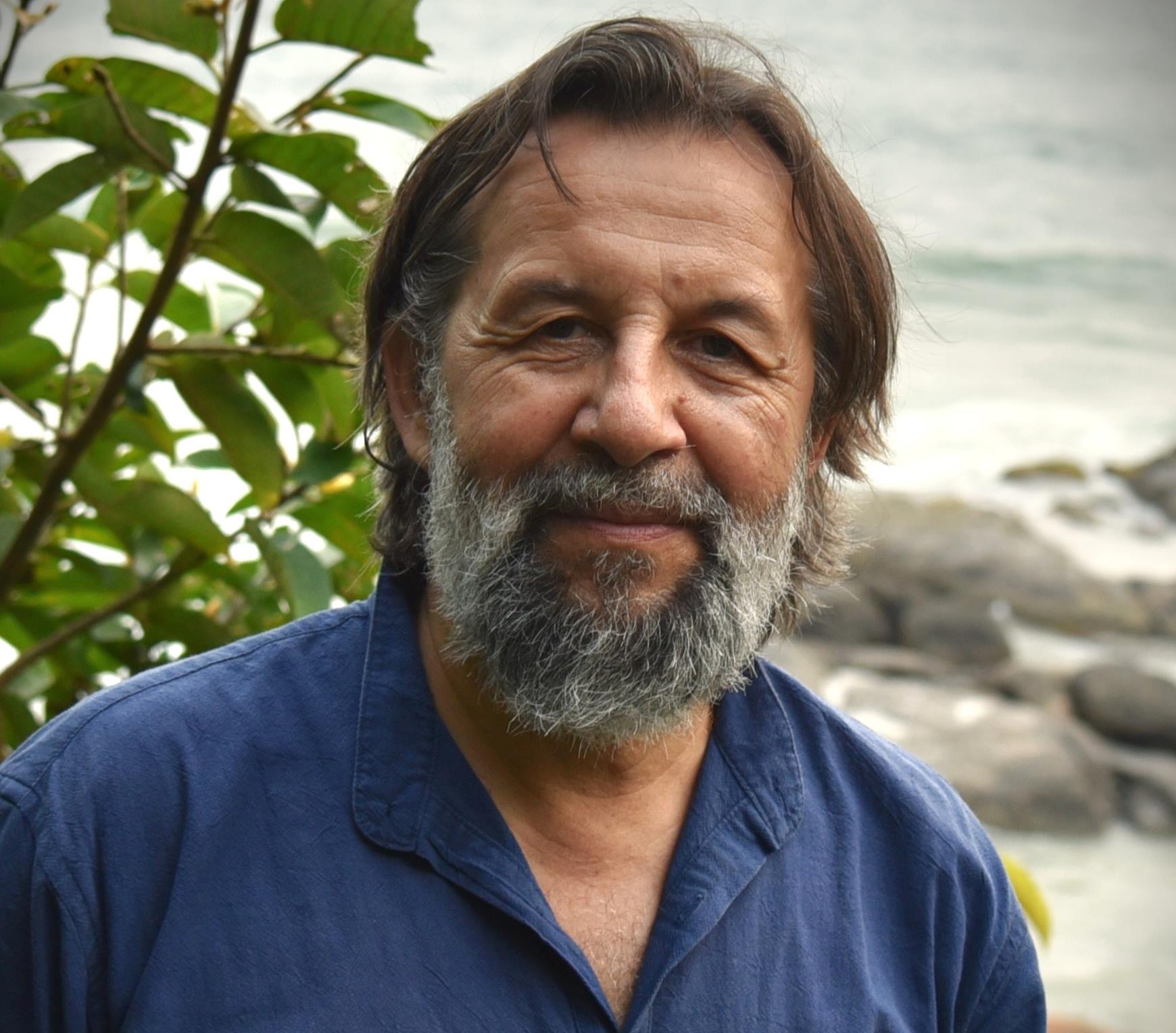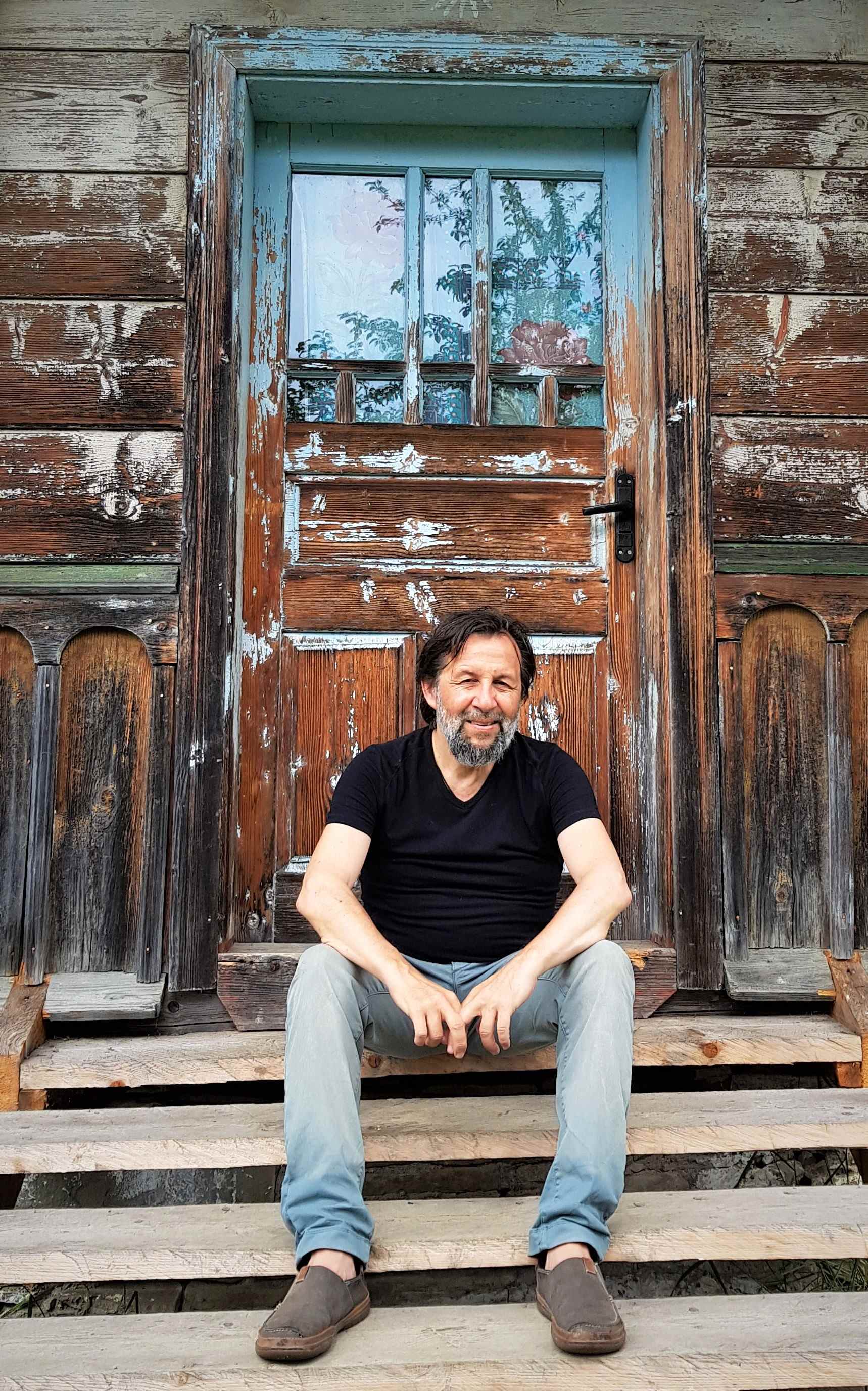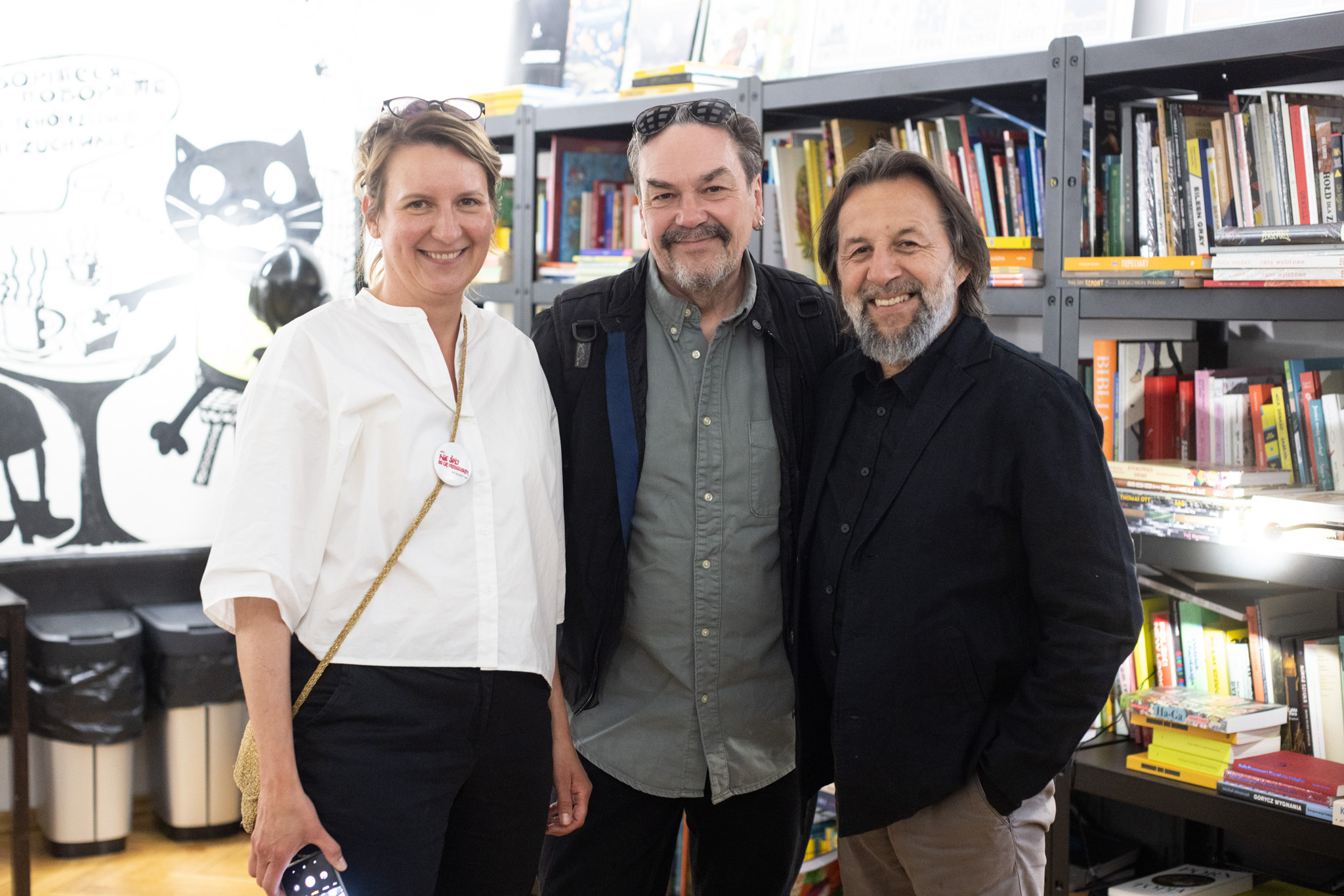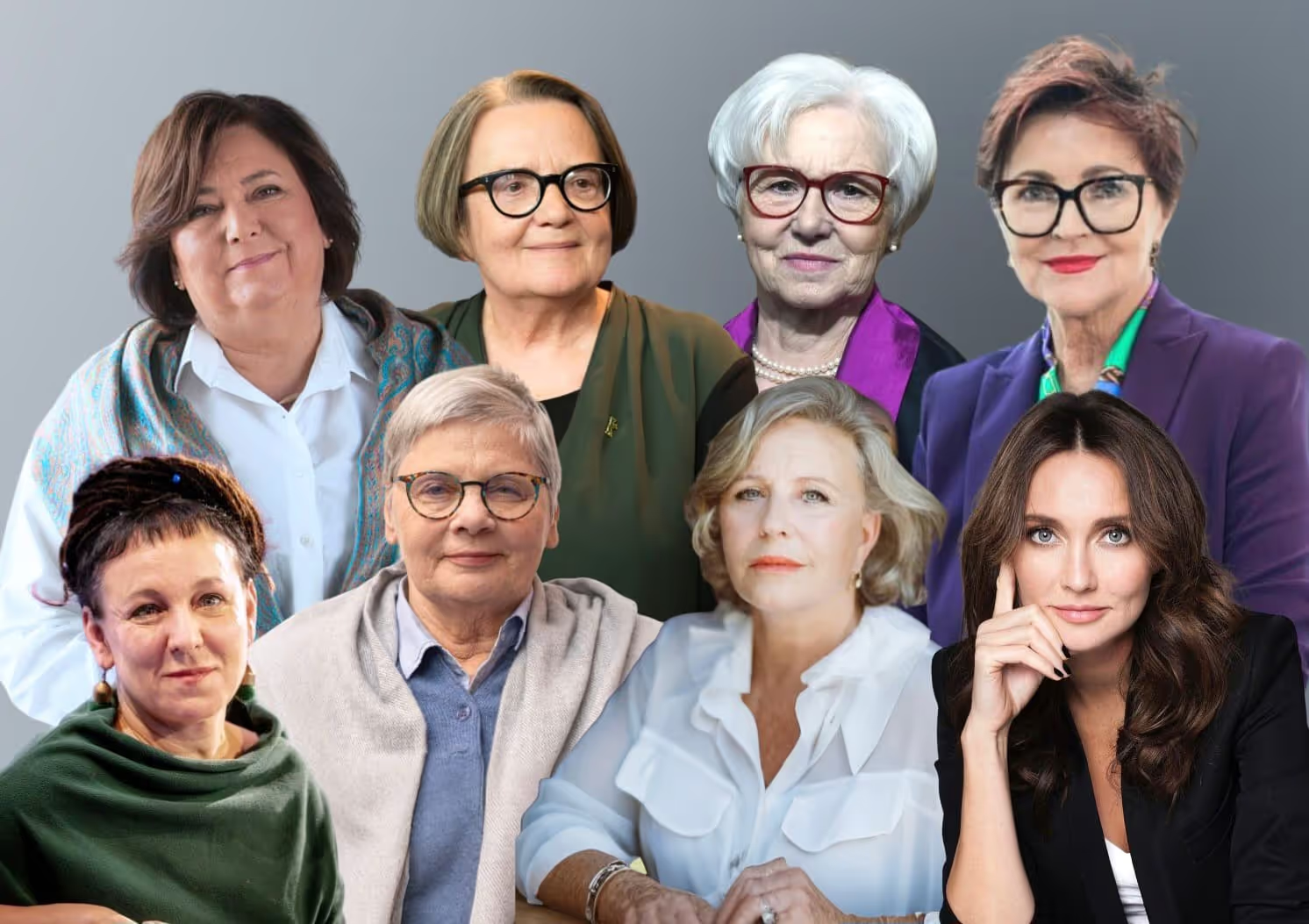Support Sestry
Even a small contribution to real journalism helps strengthen democracy. Join us, and together we will tell the world the inspiring stories of people fighting for freedom!
Ruslan Baginskiy hats on Madonna, Guzema jewellery in the series «Emily in Paris», Beyoncé and Jennifer Lopez in dresses by Ivan Frolov, Heidi Klum in an outfit by Lesia Verlingieri on the red carpet in Cannes… The Western world’s interest in Ukrainian brands is growing, and Ukrainians are being invited to participate in global fashion weeks. In September - for the first time during the war - a fashion week was held in Kyiv - Ukrainian Fashion Week (UFW).
After two and a half years of forced absence in Ukraine, it returned to support the Ukrainian fashion industry and amplify Ukraine's voice globally. Over four days, sixty-one brands, including ten new names, presented their vision for the spring-summer 2025 season. Yet, in the context of war, the collections shown were less about fashion and more about resilience and revival. Today, we can say that this fashion week is a historic event for Ukraine.
«People want to live, work and be effective», explains UFW co-founder and head of the organising committee Iryna Danylevska. Sestry spoke with Iryna about the social dimension of fashion and poignant designer statements at UFW 2025, as well as about 2.5 years of Ukrainian fashion abroad.

«The world must understand: if all talented Ukrainians are killed, it will be impoverished»
Oksana Goncharuk: Returning to Ukraine after two and a half years of working abroad - a difficult decision…
Iryna Danylevska: Over these two and a half years, we organised twenty-nine runway events in London, Berlin, Budapest, Lisbon, Vienna, Copenhagen, thereby supporting the Ukrainian fashion industry. But fashion brands are not the entire industry, so we - despite all risks - returned home.
We set three goals: to support the industry and Ukrainians, to demonstrate the need to be effective for the country during the war, and to ensure that Ukraine continues to resonate globally.
Not only the appeals of our politicians, not only reports on destroyed homes and civilian deaths should continuously circulate worldwide. Instead, we wanted to show Ukraine as a country of not only courageous but also talented people. So that those who, somewhere abroad, view photos from UFW held in Kyiv during wartime, come to understand: if all these talented people here are killed, the world will be impoverished.
- How many countries have seen our fashion during the war?
- Since the start of the war, we have held shows in 12 countries. These were exclusively official events such as fashion weeks or major international exhibitions.
It was a revelation for us that global fashion, which is considered a highly competitive environment, was ready for solidarity
They did not just lend us their catwalks but created special conditions, understanding how difficult it is for Ukrainian brands to survive during the war. London, Budapest, Berlin, Lisbon, Los Angeles - everywhere we had comfortable conditions for shows. Some provided free venues, some paid for models, some - like Berlin Fashion Week - could, with state support, invite our young designers and cover their tickets and accommodation. This was powerful support for which we are sincerely grateful.

- Where did the first Ukrainian show during the war take place?
- In Malta, in the summer of 2022. Designer Nadiya Dzyak participated in Malta Fashion Week. Models walked the runway with yellow and blue scarves, and our wheat-and-sky flag was displayed on the backdrop. The organisers also requested that we record a video message explaining events in Ukraine, which they played repeatedly.
- Did any state institutions ever offer you assistance?
- Everything was on our initiative and personal connections.
However, when we needed male designers to travel to London or Copenhagen, we sought help from the Ministry of Culture and Information Policy. We are very grateful to USAID (the United States Agency for International Development, which provides non-military aid - Edit.), which implements the «Competitive Economy of Ukraine» programme. Thanks to grants from the fund, we held five events.
Fashion Created in Bomb Shelters
- How did you personally react to the start of the war before realising action was necessary?
- I awoke immediately. Only a week had passed since the full-scale invasion, and we were already writing letters to all global fashion organisations, proposing six effective steps to support Ukraine. We advised hiring Ukrainians from the fashion sector who had found themselves abroad, avoiding collaboration with Russian models or brands. We asked employees of large fashion corporations to write letters to their leaders to encourage them to help Ukraine. We also provided several specific addresses for assistance - verified charitable foundations.
In March, the initiative Support Ukrainian Fashion (SUF) was born. We sent 16 letters, informing colleagues that Ukrainian fashion brands were on the verge of survival. We immediately received 12 responses with offers of support and acceptance. Among the first to respond were Copenhagen, Berlin, Budapest, Bucharest and Vienna.
- Did you consider leaving the country with your family?
- No, because we knew we could be useful at home. Our entire family made this decision. I focused on fashion brands, our daughter Dana, a professional psychotherapist, continued her practice. My husband, Volodymyr Nechiporuk (UFW's general producer - Edit.), who has volunteered and helped wounded soldiers since 2014, immediately chose this path. We divided tasks to be as effective as possible.
At the start of the war, we did send our grandchildren to relatives in the Ternopil region, but they returned after two months. Since then, we have all lived together in a house near Kyiv. When there are attacks and it becomes dangerous, we hide in the garage, which is buried on three sides and serves as a shelter.

- How does the Ukrainian Fashion Week team work on its messages? How should we speak to the world today to be heard?
- That is a very good question, as we must constantly think about what we want to convey. Over the two and a half years of war and four fashion seasons, we have adjusted these messages multiple times.
For example, in early 2023, we needed the world's support and donations. At London Fashion Week, we held a joint show of collections created during the war by three Ukrainian brands (KSENIASCHNAIDER, PASKAL and FROLOV). At the end of the show, the designers appeared with a Ukrainian flag bearing the UNITED24 logo (a fundraising platform collecting aid for Ukraine worldwide - Edit.).
In 2023, before each show, we wrote letters to guests instead of releases, explaining that the collections they were about to see were created amid the sounds of alarms, during explosions and blackouts…
So that everyone understood that the collections were made by brave and resilient people.
Later, when talk began of the need to «negotiate», we added to our messages that we are being killed simply because we want to be Ukrainians in an independent state.
It is important to always bridge the emotional with the official to convey that we must win this war - otherwise, it will keep repeating, as Russia will not allow us to be free.
This season, we held shows in Budapest, Berlin and Copenhagen. Copenhagen Fashion Week is about sustainability, environmental awareness and sustainable development. The Danes respond strongly to issues of ecology and nature preservation. When we discussed with designers what message to convey to the guests, we came up with the idea of telling them about our Askania-Nova biosphere reserve. Okay, you care about nature preservation - then look at how Europe's largest steppe reserve is being destroyed in plain sight, literally obliterated by the Russians.
To tell the story of Askania-Nova, we chose Ukrainian vytynanka - one of the most vivid traditional forms of our craft. Imagine: the entire second floor of the Ukrainian House in Denmark was filled with vytynanky depicting zebras, herons, other animals and birds, as well as plants from the reserve. It was against this backdrop that the new collections were presented.

- How impactful are your messages?
- We have not broken the system, but we have contributed to helping Europeans and Americans understand what is really happening.
The power of culture is in its constant, emotional and sincere expression. People need to encounter reminders everywhere: Ukrainians are fighting for freedom, for the right to be Ukrainian. Some are born with the right to be free, while Ukrainians must fight for this right.
«War drives us to fulfil old dreams, as it is uncertain if there will be a tomorrow»
- You mentioned that the fashion industry froze at the start of the war. How is it today?
- The market froze, not the industry. In 2022, Ukrainian designers simply shifted their production to military needs, began sewing for the army, which suddenly grew due to volunteers. Every sphere suffers during war, but most designer brands have survived - thanks to our support, the move towards exports and an increase in online sales.
There are phenomena that were born during the war. Antonina Belinska, a talented movie costume designer, had always dreamed of her own clothing brand.
After overcoming the initial shock of the war, she finally dared to make this dream a reality and created the brand TONiA. To me, this is a poignant story about how the uncertainty of tomorrow pushes us to fulfil our dreams today.
- Are Ukrainian designers involved in creating military uniforms, particularly for women?
- The Veteranka sewing workshop creates winter, demi-season and summer military uniforms. In two years, this workshop has produced 1291 units of women’s tactical clothing.
Since the start of the large-scale war, Veteranka has received hundreds of requests from female soldiers asking for adjustments to the men’s uniforms they were issued. Therefore, the workshop focused on sewing high-quality women's military uniforms, which are provided free of charge to female defenders upon request.

- When you decided that UFW would happen, were the designers ready to accept this challenge?
- We began discussing fashion week in Ukraine as early as November 2023. Even then, designers started writing and calling me.
On the very first day, we announced that applications were open, 25 were submitted. This only strengthened our belief that such an event was necessary right now. However, we took a long time to make an official announcement, which we did only once preparations were in full swing.
We spent considerable time figuring out how to ensure everyone could go to the shelter during air raids and return to the shows afterwards without completely disrupting the schedule. We thought about holding the event not at Mystetskyi Arsenal, but directly in a shelter. However, Mystetskyi Arsenal won, as it is a reliable building with a shelter for 800 people.
Of course, we were also concerned about power outages, so we secured our operations with two generators.
- How many air raid alerts occurred during Fashion Week?
- It is a miracle, but there was not a single alert at that time. They happened between the first and second days of the event, and a journalist from British Vogue, who was brave enough to come to Ukraine for the event, wrote in his article that instead of an opening party, UFW had alerts and explosions.
- The art installation showcasing our designers' responses to the war received significant resonance...
- These are 18 artworks that designers created as reflections on the war. For example, Bevza's necklace, which resembles a circle of charred wheat stalks - a symbolic reminder of Ukrainian wheat that feeds many countries worldwide. Or Ksenia Schnaider's jacket, sewn from ties that Ukrainian men no longer need, as they are at the frontline. Another example is a jacket that designer Maria Starchak created right after the Mariupol tragedy - it is embroidered with the theatre bombed by the Russians, with the word «ДЕТИ» (from Russian - children) on the bottom.
From OMELIA, there is a shirt with flowers. One might wonder, what does it have to do with the war? Designer Kostyantyn Omelia said that when he returned to his studio in 2022 after forced evacuation, he saw dried flowers in vases that left a strong impression on him.

- How has the war manifested in new collections?
- Designers know how to speak about the war in a way that chills to the bone. For instance, in the shows of brands Andreas Moskin, Gasanova and Nadya Dzyak, our veterans appeared on the runway with prosthetics, conveying more about our reality and the war than any military-style clothing could.
- Guests gave standing ovations to the veterans on the runway. I was personally struck by ballroom dance champion Kateryna Stashchyshak, who professionally danced in peacetime, but the war took her leg. How challenging is it for such people to walk the runway?
- This is also about courage. They did it to show our Ukrainian life. Inclusivity is not a trend, it is our new reality, and we are ready to live this way. We respect and bow to these people. They will never be separated from the processes taking place in the country. They should not sit at home alone with their pain.

.jpeg)




Photos: UFW

Ukrainian journalist, singer and composer (music came first and still is a part of her life). She began her journalism career by writing for the music magazine «Galas». For many years, she worked as a cultural columnist for the newspaper «KP in Ukraine» and also had experience as the editor-in-chief of the «Atelier» magazine. In recent years, she was a music critic for the publication Vesti.ua, and with the start of the full-scale war, she found her niche as a journalist in the genre of social reporting.




























.avif)



.avif)
.avif)
